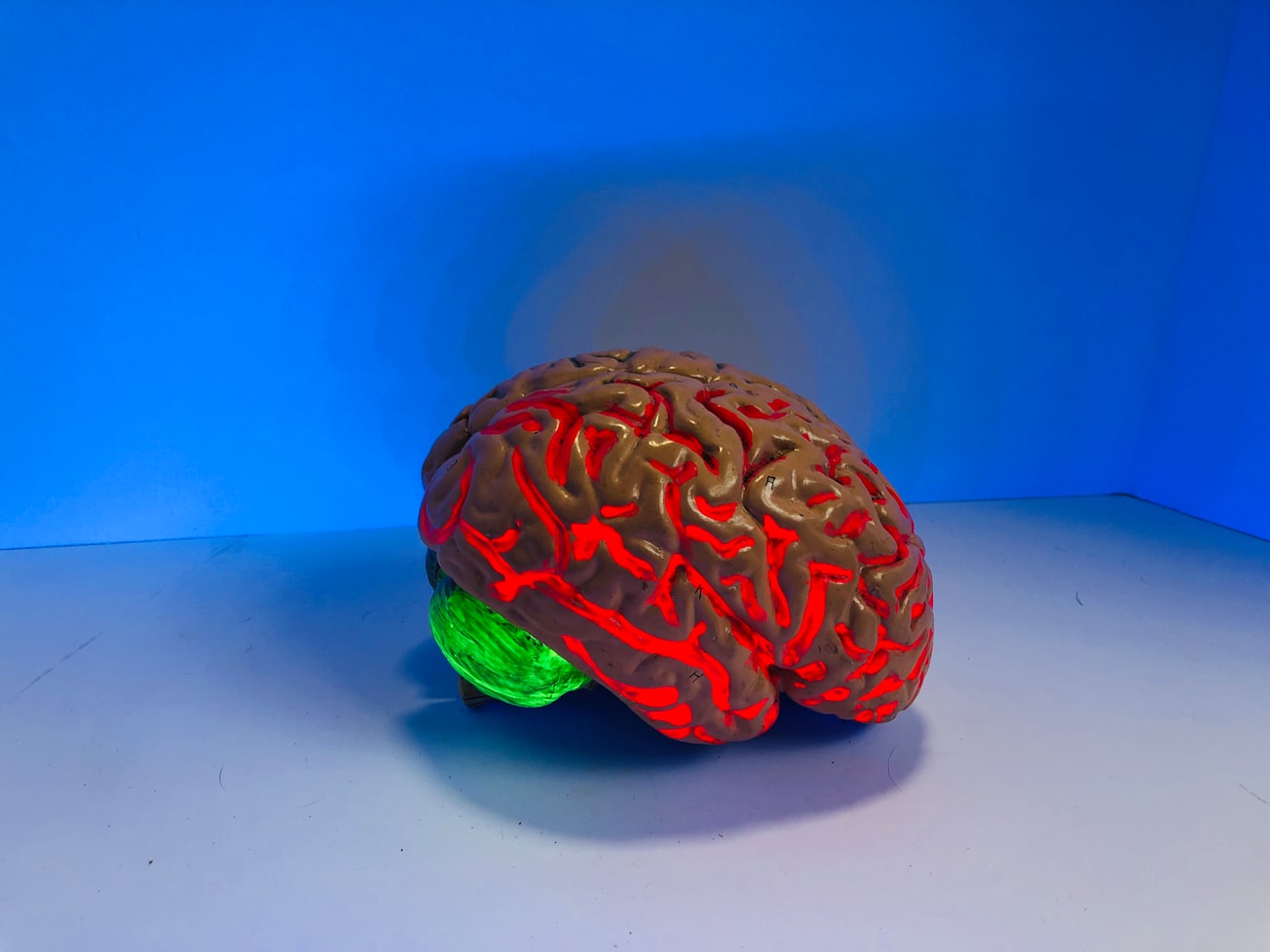What is it about?
Language, Mind and Computation (Palgrave Macmillan/Springer Nature) has attempted to show that the formal foundations of Generative Grammar, an influential framework in theoretical/formal linguistics, have inherent formal flaws too severe to be eliminated. To put it in a proper context, this work has demonstrated that the formal foundations of the faculty of language (FoL) adopted and explicated in the Minimalist Program contain quite a number of inescapably recalcitrant paradoxes and contradictions. In particular, this work has shown that if the language faculty is said to be a psychologically instantiated system executing computations, computations cannot be both mental and linguistic if grammars for natural languages are assumed to be mentally represented in a non-intentional manner.
Featured Image

Photo by Natasha Connell on Unsplash
Why is it important?
This work is important for an understanding of the relationship between language and computation. Much of current formal linguistics and mainstream cognitive science hangs on to the assumption that the mind/brain runs computations of some sort and linguistic computations are a subclass of these. This book interrogates this assumption by exposing a number of puzzles and contradictions within the formalized system of language adopted by the Minimalist model of language that posits that grammar is computational and also instated in the mind/brain.
Perspectives
This book debunks the very idea that grammar is a computer (of some kind) in the mind/brain.
Dr Prakash Mondal
Indian Institute of Technology Hyderabad
Read the Original
This page is a summary of: Language, Mind and Computation, January 2014, Springer Science + Business Media,
DOI: 10.1057/9781137449436.
You can read the full text:
Resources
Contributors
The following have contributed to this page







